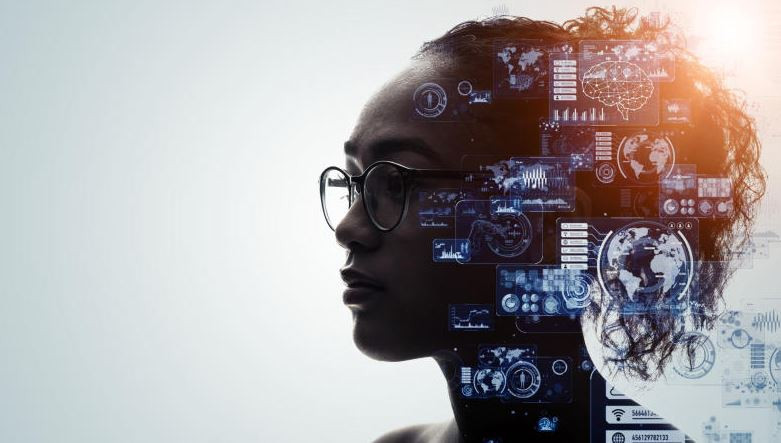The human resource professionals have been urged to help shape the human and technology usage at the workplace in the wake of Artificial Intelligence (AI) use.
Zamara Group Chief Executive Sundeep Raichura said the future of work cannot be about technology alone, but also people-driven.
Speaking in Diani during the opening of HR Summit 2025 on Friday, Raichura said HR leaders are no longer backroom administrators, but strategists, culture shapers, and in many ways, the conscience of organisations.
He said innovation must serve humanity and not replace it.
Follow The Standard
channel
on WhatsApp
“Whether workplaces remain human-centred or become technology-dominated depends on the choices we make as HR leaders. Africa’s workforce should be our greatest asset, future-ready, not future-fearful,” said Raichura.
The CEO said there is a need to create future-ready workplaces by addressing skills transformation, leadership resilience, and cultural adaptation.
Raichura noted that AI was once dismissed as hype in HR circles, but in 2025, bots are reshaping talent acquisition, learning, and employee engagement.
He noted that a few years ago, flexible work was seen as a perk, but today it has become a baseline expectation.
“According to the World Economic Forum’s Future of Jobs Report 2025, 83 per cent of core skills will change by 2030, with AI literacy, data analysis, and technology fluency rising fastest,” said Raichura.
He pointed to the realities of AI, shifting demographics, debates around globalisation and protectionism, and growing expectations for equity, flexibility, and inclusion in the workplace.
Senior Partner at ALN Kenya, Karim Anjarwalla, challenged organisations to build talent pipelines that are resilient, innovative, and fit for the future in the face of unprecedented disruption from AI, demographic shifts, and changing employee expectations.
Anjarwalla said AI risks removing human beings from the centre of work, making it one of the generational challenges of our time.
Follow The Standard
channel
on WhatsApp
The human resource professionals have been urged to help shape the human and technology usage at the workplace in the wake of Artificial Intelligence (AI) use.
Zamara Group Chief Executive Sundeep Raichura said the future of work cannot be about technology alone, but also people-driven.
Speaking in Diani during the opening of HR Summit 2025 on Friday, Raichura said HR leaders are no longer backroom administrators, but strategists, culture shapers, and in many ways, the conscience of organisations.
He said innovation must serve humanity and not replace it.
Follow The Standard
channel
on WhatsApp
“Whether workplaces remain human-centred or become technology-dominated depends on the choices we make as HR leaders. Africa’s workforce should be our greatest asset, future-ready, not future-fearful,” said Raichura.
The CEO said there is a need to create future-ready workplaces by addressing skills transformation, leadership resilience, and cultural adaptation.
Raichura noted that AI was once dismissed as hype in HR circles, but in 2025, bots are reshaping talent acquisition, learning, and employee engagement.
He noted that a few years ago, flexible work was seen as a perk, but today it has become a baseline expectation.
“According to the World Economic Forum’s Future of Jobs Report 2025, 83 per cent of core skills will change by 2030, with AI literacy, data analysis, and technology fluency rising fastest,” said Raichura.
He pointed to the realities of AI, shifting demographics, debates around globalisation and protectionism, and growing expectations for equity, flexibility, and inclusion in the workplace.
Senior Partner at ALN Kenya, Karim Anjarwalla, challenged organisations to build talent pipelines that are resilient, innovative, and fit for the future in the face of unprecedented disruption from AI, demographic shifts, and changing employee expectations.
Anjarwalla said AI risks removing human beings from the centre of work, making it one of the generational challenges of our time.
Follow The Standard
channel
on WhatsApp
By Joackim Bwana
